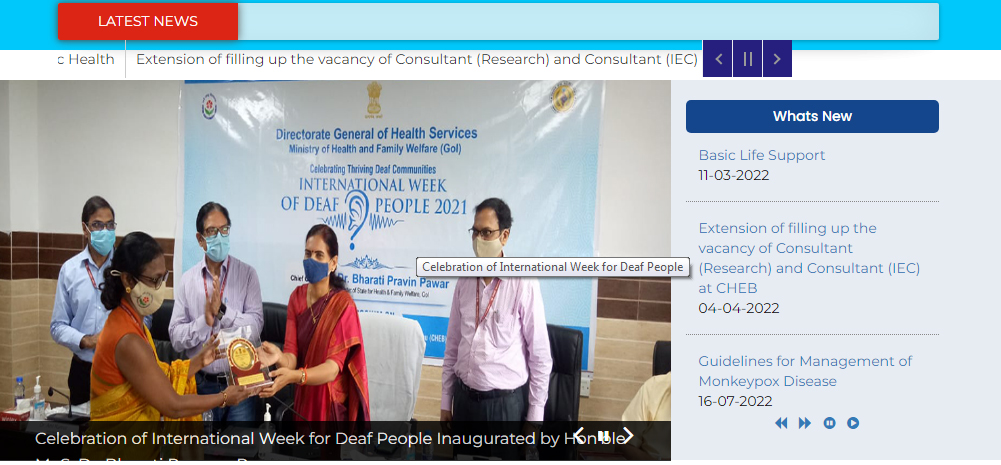Central Health Education Bureau, New Delhi

About us
In consonance with the recommendations of the Bhore Committee and the Planning Commission, the Central Health Education Bureau (C.H.E.B.) was created in the year 1956. The publicity Unit of the Directorate General of Health Services which has existed for several years before, was merged with this newly created institute. The Bureau which started with one unit and few staff members in 1956 grew in size and activities gradually and had seven Divisions with trained technical personnel and one administrative division.
- Read more about Central Health Education Bureau, New Delhi
- Log in to post comments
- 169 views

